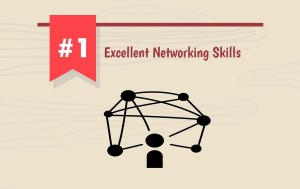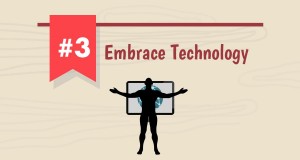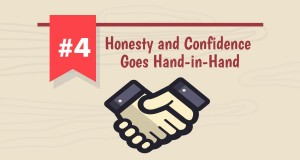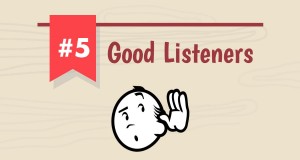As a young job hunter, I had been invited to an interview for a sales job; I was relatively disinterested in the role but desperate for a job.
I was mortified to be asked within the first five minutes to have to Sell a pencil to the interview panel.
My opening was terrible;
“Erm… do you want to buy this pencil?….It’s really good…erm…you can write things down and then erase them if you don’t like what you wrote…. it only costs about..5p”
At the time I was probably impressed with my performance, it could have been a lot worse, being quite shy and hating being put on the spot I wasn’t what you might deem a natural salesman.
To hear “Is that it?” was a real slap in the face, my prospective employer proceeded to take the pencil from me to take the opportunity to show me how it should be done.
“You there!” he boomed with confidence, pointing a finger directly at me.
“Do you know how many uses this pencil has?”
“No” Came the shaky reply, unsure if this was still a job interview.
“If you owned this amazing Z10 pencil, name three things you would use it for?”
“Erm…writing shopping lists, homework and..I suppose drawing”
“So you want a Z10 pencil that can be used to build lists, create technical drawings and a pencil that will help answer tricky exam questions?”
“Yes..I think-”
“Given a choice would you want to buy a pencil that can create sketches, write lists and can be used to complete all of your homework with ease OR would you buy a pencil that can do all these tasks plus more?..” I was sold.
“…A pencil that can write under water and in outer space, a pencil that can erase mistakes with a flick of the hand using the Z10 Eraser designed by NASA scientists – NOW which would you choose?”
“The last one, sir” – the dynamic had switched to teacher- pupil by this point as he dominated the conversation.
“Now, how much would you pay for this pencil?”
“Erm..well..around…”
“How much is it worth, a pencil that can write in outer space, designed by NASA scientists?” he pressured.
“A pound?” I shouted.
His raised eyebrows signaled that I had given the wrong answer.
“No I mean two pounds.”
“So, you want to pay 2 pounds for this pencil, don’t you?” It was agreed.
“Well, as I like you and you have shown yourself to be an affable type of chap, you can buy one Z10 pencil for £2 or 2 for £2.50, what will it be?” he asked while reaching over to take a second similar pencil from his desk tidy.
I left that interview with two pencils, no job offer and the foundations of understanding the importance of sales techniques in job interviews.
2 Steps To Selling Yourself in the Job Interview
Step 1 – Understand the Benefits of the Product
Why do people buy certain goods over other products? What influences a persons’ unconscious mind, when all they originally wanted was a bottle of milk and 30 minutes later they walk out of the supermarket with a bottle of milk nestled amongst a trolley full of impulse purchases that they didn’t initially go in for?
“I don’t want to have to sell myself; I want to be natural, if they don’t like me it’s there loss” DIRECT QUOTE from Thousands of Unemployed people.
To influence the interview you need to first have an end game, what are the 3 key points you want the employer to remember about you?
What 3 pieces of information will secure you a guaranteed job offer? What do you have (skills, qualities, experiences, qualifications, etc) that the other job hunters don’t possess? What are your key selling points? What value will you add to their organisation?
These could include your experience, your attributes, qualities or anything you think the employer would be extremely impressed with.
Every sale person knows the benefits of their product and in the job interview YOU are the product.
Step 2 – Match The Benefits to the Customers Desires
To make a sale you have to match the benefits of the product to your customer’s desires.
If a customer wants a pasta dish and all you sell is burgers and chips you won’t make the sale.
Read the job specification, research the company and ask the interview what type of person they are looking to recruit.
Throughout the interview you need to answer each interview question, referring to at least one of your unique selling points, showing the employer how you can add value to their organisation, forming the employers overall impression of you.
By referring to your unique selling point in a variety of ways, you will be secretly selling your skills to the employer without them realising what you are doing. In marketing the rule of 7 states “a customer needs to see or hear about a product 7 times before they purchase it”








